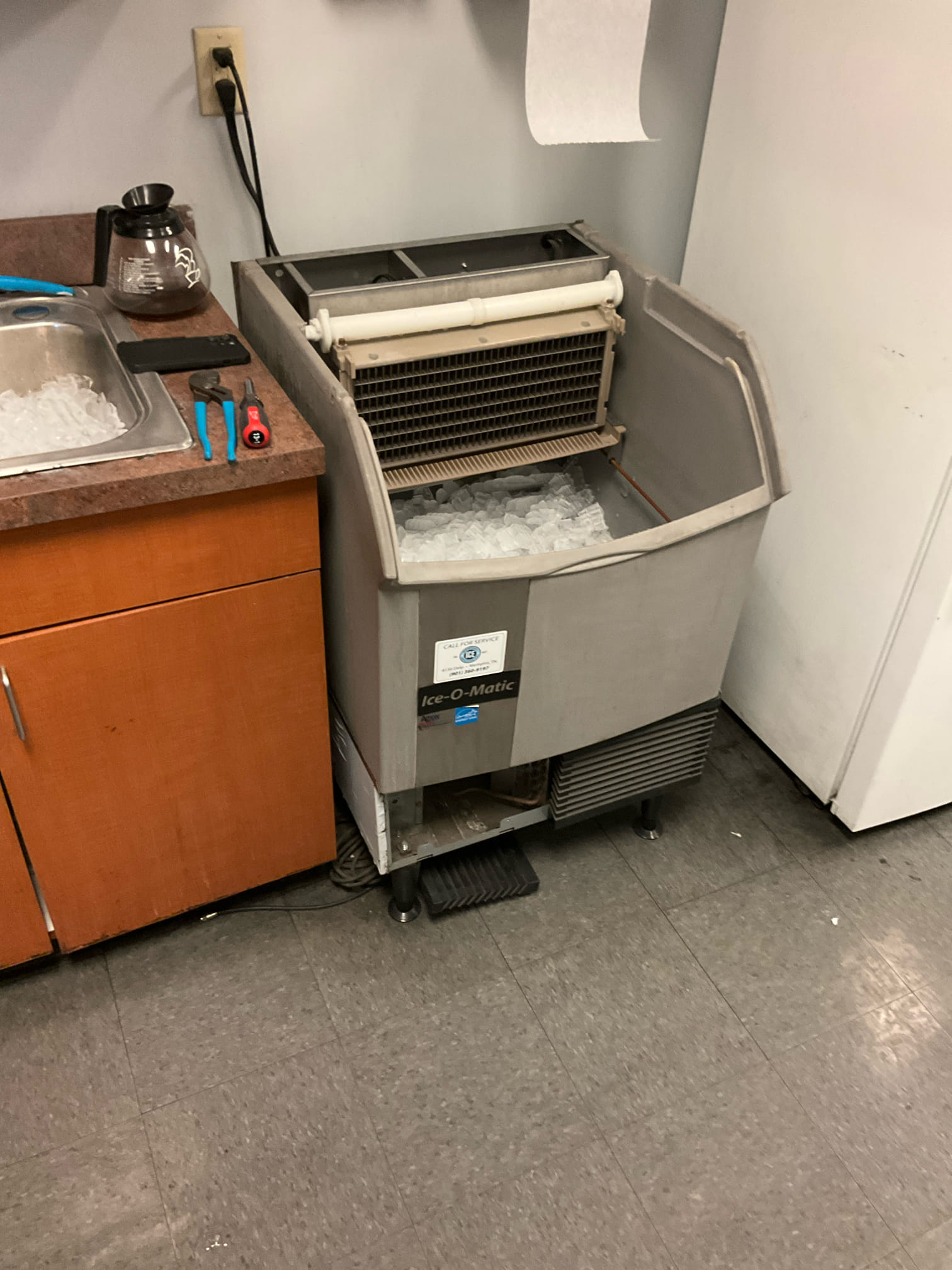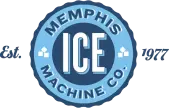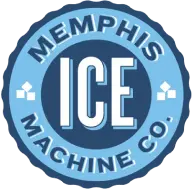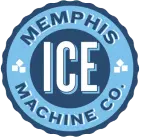proudly serving
the mid-south
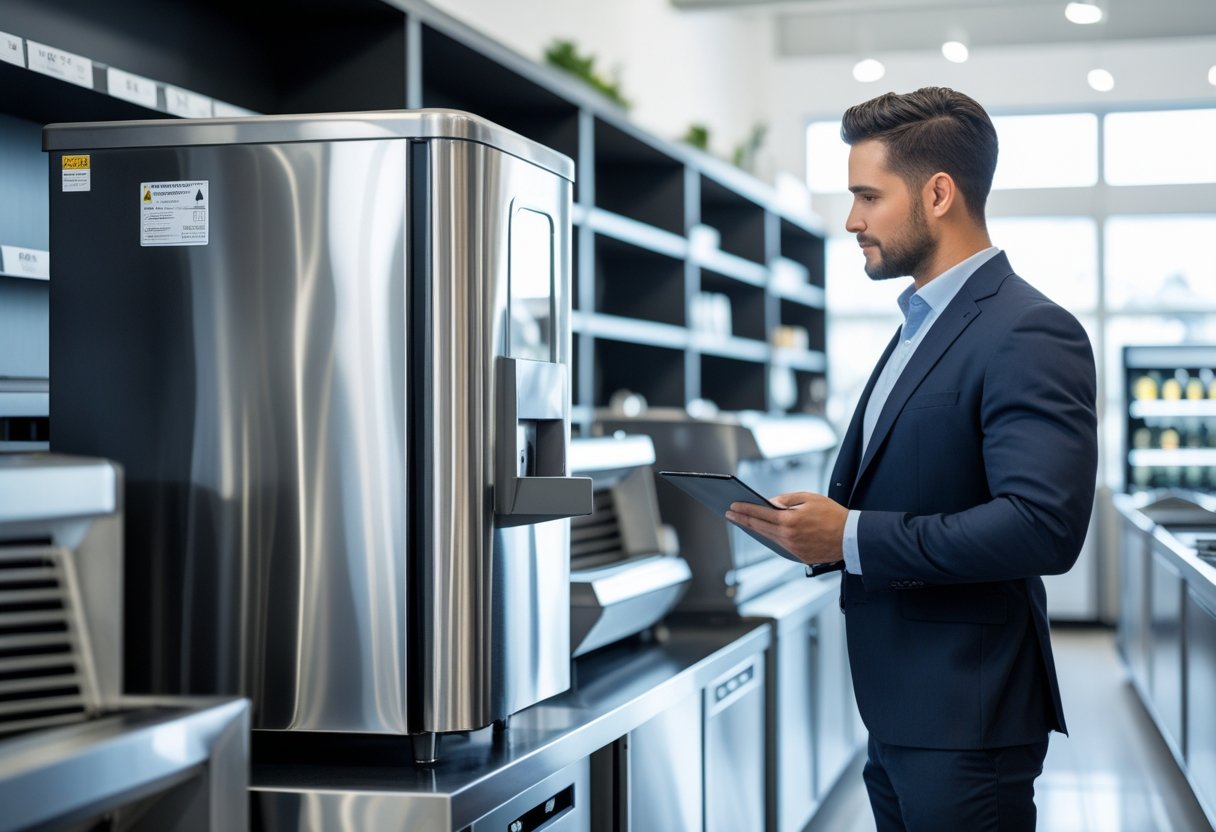
Ice Machine Rental vs Purchase: Key Factors to Consider for Your Business Success
Deciding whether to rent or purchase a commercial ice machine affects your budget, maintenance needs, and long-term operations. If you need flexibility, lower upfront costs, and hassle-free service, renting an ice machine is often the smarter choice. On the other hand, buying can make sense if you want full control over your equipment and plan on long-term use without recurring rental fees.
Your choice depends on your business size, cash flow, and how much support you want with upkeep. At Memphis Ice, we’ve helped many Mid-South businesses weigh these factors, ensuring their ice needs are covered without surprises. Whether you run a restaurant, hospital, or bar, understanding the pros and cons of rental versus purchase keeps your operations running smoothly.
You don’t have to face this decision alone. We’ve been keeping businesses cool since 1977, and our advice is practical and based on real experience. Read on to explore what fits your business best, so you can keep ice and refrigeration the least of your worries.
Comparing Ice Machine Rental and Purchase
Choosing between renting and buying a commercial ice machine involves balancing upfront costs, maintenance responsibilities, and how long you plan to use the equipment. Your decision should reflect your business needs, budget, and the flexibility you require.
Overview of Rental and Purchase Options
When you buy an ice machine, you pay a one-time, usually substantial upfront cost. You then own the machine, which means you’re responsible for ongoing maintenance, repairs, and cleaning. Ownership can save money over time if you use the machine consistently and maintain it properly.
Renting an ice machine lets you avoid large initial expenses. Rental agreements often include maintenance and repairs, reducing your operational headaches. Rentals suit businesses needing short-term use or those wanting to upgrade technology regularly. Rental costs accumulate over time, so it’s important to calculate how long you’ll need the machine.
This balance of costs and responsibilities makes rental or purchase viable depending on your circumstances.
Key Differences Between Rental and Buying
| Aspect | Buying | Renting |
|---|---|---|
| Initial Cost | High upfront payment | Low initial payment |
| Maintenance | Your responsibility | Usually included in rental |
| Flexibility | Less flexible; owned asset | More flexible; easier to upgrade |
| Long-term cost | Can be cheaper if used long-term | Can be more costly over time |
| Repair and Service | You manage and pay for it | Included in rental agreements |
If your business demands reliable, long-term ice production, buying might be cost-effective. On the other hand, renting reduces your maintenance burden and upfront investment, making it appealing for temporary needs or fluctuating demand.
Suitability for Different Business Needs
For businesses with fluctuating ice demand or seasonal peaks, like bars or event venues, renting an ice machine provides flexibility and stress-free maintenance. You can scale your equipment without the risks of ownership.
Restaurants, hospitals, or hotels with stable, high-volume ice requirements often benefit from buying. Ownership grants full control and potential savings over years, provided you keep up with maintenance.
Memphis Ice recommends assessing your expected usage duration and budget closely. If you’re uncertain about long-term needs or want to avoid service hassles, rental might better fit your operation. For those ready to invest in dependable equipment, buying is a sound choice that aligns with sustained business growth.
Advantages of Renting an Ice Machine
Renting a commercial ice machine lets you avoid large upfront costs while ensuring your business always has a reliable source of ice. You also benefit from professional maintenance and repair services, which reduce downtime and unexpected expenses. Emergency support guarantees your operations keep running smoothly, no matter the season or demand.
Lower Upfront Costs and Flexible Payments
When you rent an ice machine, you don’t have to make a significant capital investment. This is especially helpful if your business is growing or you need to manage cash flow carefully.
Instead of paying thousands upfront, you handle predictable monthly or quarterly payments. This flexibility lets you allocate budget to other priorities. Plus, renting often includes installation and setup costs, so you avoid surprise fees.
With no ownership burden, you can upgrade or swap equipment more easily if your needs change. For seasonal businesses or startups, ice machine rental offers a cost-effective way to access commercial-grade ice production without locking in long-term expenses.
Maintenance and Repair Benefits
Renting an ice machine typically includes professional maintenance and repairs as part of the agreement. This means you won’t have to worry about service calls, part replacements, or complicated cleaning routines.
Regular upkeep by experts keeps your machine operating efficiently and extends its lifespan. If a breakdown occurs, service teams respond quickly, reducing downtime and operational disruptions.
By outsourcing maintenance, you also avoid costly ice machine repairs yourself and the risks of neglecting essential service tasks. At Memphis Ice, we’ve seen how this peace of mind lets business owners focus on their core activities without ice-related stress.
Guaranteed Uptime and Emergency Support
With ice machine rental, your business gains access to prompt emergency support whenever needed. If your machine fails unexpectedly, rental agreements often provide swift replacement or repair services to keep your ice supply steady.
This guaranteed uptime is critical in industries like food service, healthcare, and hospitality where ice availability affects service quality and compliance with health standards.
Knowing you can rely on expert help around the clock reduces operational risk and keeps your customers satisfied. For many Mid-South businesses, this kind of safety net is a key reason to consider ice machine rental over purchase. Request service before your busy season hits to avoid any costly interruptions.
Benefits of Buying an Ice Machine
Buying a commercial ice machine gives you control over your equipment and can lead to savings over time. You’ll also build an asset that holds value while avoiding ongoing rental fees.
Long-Term Investment Value
When you buy an ice machine, you’re making a long-term investment in your business infrastructure. Unlike renting, ownership means the machine becomes an asset you can depreciate on your taxes. This can reduce your taxable income annually, depending on your accounting method.
Owning your equipment means you won’t face unexpected price increases tied to rental agreements. You can also keep the ice machine as long as it functions well, maximizing the use of your initial purchase.
This is especially important if you operate year-round or have a consistent ice demand. A commercial ice machine purchased upfront can support steady operations without concerns about lease expirations or contract renewals.
Potential Cost Savings Over Time
Purchasing a commercial ice machine often results in lower overall costs compared to renting. Although the upfront price may be higher, you avoid recurring rental payments, which can add up quickly.
You will need to budget for maintenance and repairs, but these costs can be managed with a service plan. At Memphis Ice, we offer support to keep your machine running efficiently and extend its lifespan.
Over time, you essentially “pay off” the machine, and after that, your ongoing expenses decrease. This benefit grows stronger the longer you keep your ice maker, especially if it’s properly maintained.
Ownership and Asset Control
Having full ownership means you decide how and when to maintain or upgrade your machine. You won’t be restricted by rental companies’ terms or service schedules.
You have the flexibility to customize or relocate the ice machine based on your business needs. You can also sell the equipment later to recover some investment if you decide to upgrade.
Ownership eliminates concerns about rental contract renewals or penalties. Your ice machine is your asset, giving you peace of mind and operational stability tailored specifically to your business demands.
For businesses serious about reliability and long-term planning, buying a commercial ice machine is often the best choice. Talk to experts at Memphis Ice for tailored service and advice.
Cost Considerations
You’ll want to weigh the immediate and ongoing financial impacts when deciding between renting or buying a commercial ice machine. Understanding these expenses helps you budget effectively while ensuring reliable ice supply for your business needs.
Upfront and Ongoing Expenses
Buying an ice machine usually involves a significant upfront cost. Depending on the size and model, commercial ice machines can cost several thousand dollars. This investment ties up capital but means no monthly rental fees.
On the other hand, ice machine rental requires much lower initial expenditure. You pay a predictable monthly fee, which helps preserve cash flow. This can be beneficial if your budget is tight or you expect seasonal fluctuations in ice demand.
When renting, you avoid large upfront payments, but rental fees accumulate over time. Buying may be more cost-effective long-term if you need ice consistently. Consider your cash flow, frequency of use, and future plans before making this financial commitment.
Maintenance and Repair Costs
With ownership, you’re responsible for maintenance and repairs, which add to your total cost over time. Ice machines require regular cleaning and mechanical upkeep to perform well. Unplanned breakdowns might also lead to expensive repairs.
If you rent, maintenance and repairs are often included in your agreement. This arrangement shifts the risks and unexpected costs away from your business. For many operators, this convenience reduces downtime and stress, especially during busy periods.
Memphis Ice supports businesses throughout the Mid-South with maintenance plans that protect your equipment. Whether you own or rent, regular upkeep is essential to keep your ice machine running efficiently and avoid costly disruptions.
Depreciation and Resale Value
When you buy a commercial ice machine, its value depreciates with time and use. As a physical asset, ice machines lose market value, often quickly due to wear and technology upgrades. Resale might recover only a fraction of the original purchase price.
Renting avoids the depreciation issue altogether, as you never own the machine. This can be favorable if your business prefers to upgrade equipment regularly without handling resale.
If you do choose to buy, factor in the potential resale value when assessing long-term costs. Proper maintenance can improve resale prospects, but equipment age and condition remain critical. Memphis Ice can help evaluate your options based on your business’s growth and ice demand.
Other Factors to Consider
Your decision to rent or buy a commercial ice machine involves more than just price and usage. You will want to weigh technology updates, contract terms, and tax impacts, as these influence your overall cost and operational flexibility.
Access to Latest Technology
When you rent a commercial ice machine, you often gain access to newer models without extra cost. Rental agreements may include upgrades, meaning you can benefit from improved efficiency, better ice quality, or enhanced environmental features as technology advances.
Buying a machine locks you into its current technology, which could become outdated over time. However, owning provides control over when and if you choose to upgrade.
If your operation demands cutting-edge performance or eco-friendly options, renting through a trusted provider like Memphis Ice can give you an edge without heavy upfront investment.
Contract and Flexibility Terms
Rental agreements usually come with more flexible terms, allowing you to adjust equipment size or model based on changing needs. Shorter contracts mean you can swap or return a machine if your ice volume fluctuates seasonally or due to business growth.
When you purchase, you commit to one unit long-term. Maintenance and repairs become your responsibility, which can impact your budget and downtime if unexpected issues arise.
Carefully review contract details such as duration, maintenance inclusions, and exit clauses before renting. Memphis Ice can help clarify what fits your business needs to avoid surprises.
Tax and Accounting Implications
Renting a commercial ice machine typically counts as an operational expense, which may simplify bookkeeping and improve cash flow. Lease payments are often fully deductible in the year they are paid, easing tax burden.
Buying an ice machine usually means capital expenditure. You may need to depreciate the asset over several years, impacting your financial statements differently. Purchase also requires upfront cash or financing, influencing your working capital.
Consult your accountant to understand how each option affects your tax position. Aligning your ice machine choice with your financial strategy helps maintain healthy business operations.
Frequently Asked Questions
Choosing between renting and purchasing a commercial ice machine involves understanding cost factors, maintenance duties, and operational needs. Your decision will impact upfront expenses, long-term savings, and how much control you have over equipment management.
What are the pros and cons of renting versus purchasing an ice machine?
Renting offers lower initial costs and often includes maintenance, reducing your immediate financial burden. However, it may lead to higher cumulative costs over time and less control over the equipment.
Purchasing requires a significant upfront investment but can save money in the long run if you plan to use the machine extensively. You gain full ownership and control but must handle maintenance and repairs yourself.
How does the cost of renting an ice machine compare to the cost of purchasing one over time?
Renting typically costs less initially, sometimes as low as a few dollars per day, making it easier on cash flow. Over an extended period, buying tends to be more cost-effective since rental fees accumulate and can exceed purchase price.
Your business size, usage, and expected lifespan of the equipment heavily influence which option is more economical.
What factors should be considered when deciding to rent or buy an ice machine for commercial use?
Evaluate your business’s budget, cash flow, and credit options first. Consider how long you’ll need the machine and your need for flexibility or upgrade options.
Also, think about space limitations, machine capacity requirements, and the importance of having regular maintenance included.
How do maintenance responsibilities differ between renting and purchasing an ice machine?
With a rental, maintenance and repairs are usually included by the provider, relieving you of those duties. This can prevent unexpected costs and downtime.
If you purchase, your business is responsible for upkeep, repairs, and replacement parts, which requires planning for those expenses and potentially scheduling regular service.
What additional costs can be expected when renting an ice machine compared to purchasing?
Renting may involve fees like delivery, setup, and potential penalties for contract breaches. Insurance coverage and tax implications can also differ from ownership.
In contrast, purchasing often includes upfront costs plus ongoing maintenance and repair bills, but no recurring rental fees.
Can you negotiate the terms of an ice machine rental agreement, and if so, what should be considered?
Yes, rental agreements can often be negotiated. You should clarify contract length, monthly or daily rates, maintenance responsibilities, and terms for early termination or upgrades.
Ensure you understand all fees and service response times. Having clear terms prevents surprises and aligns the rental with your business needs.
For tailored advice and reliable options, contacting Memphis Ice can help you find solutions that fit your business and keep operations running smoothly.
Recent News
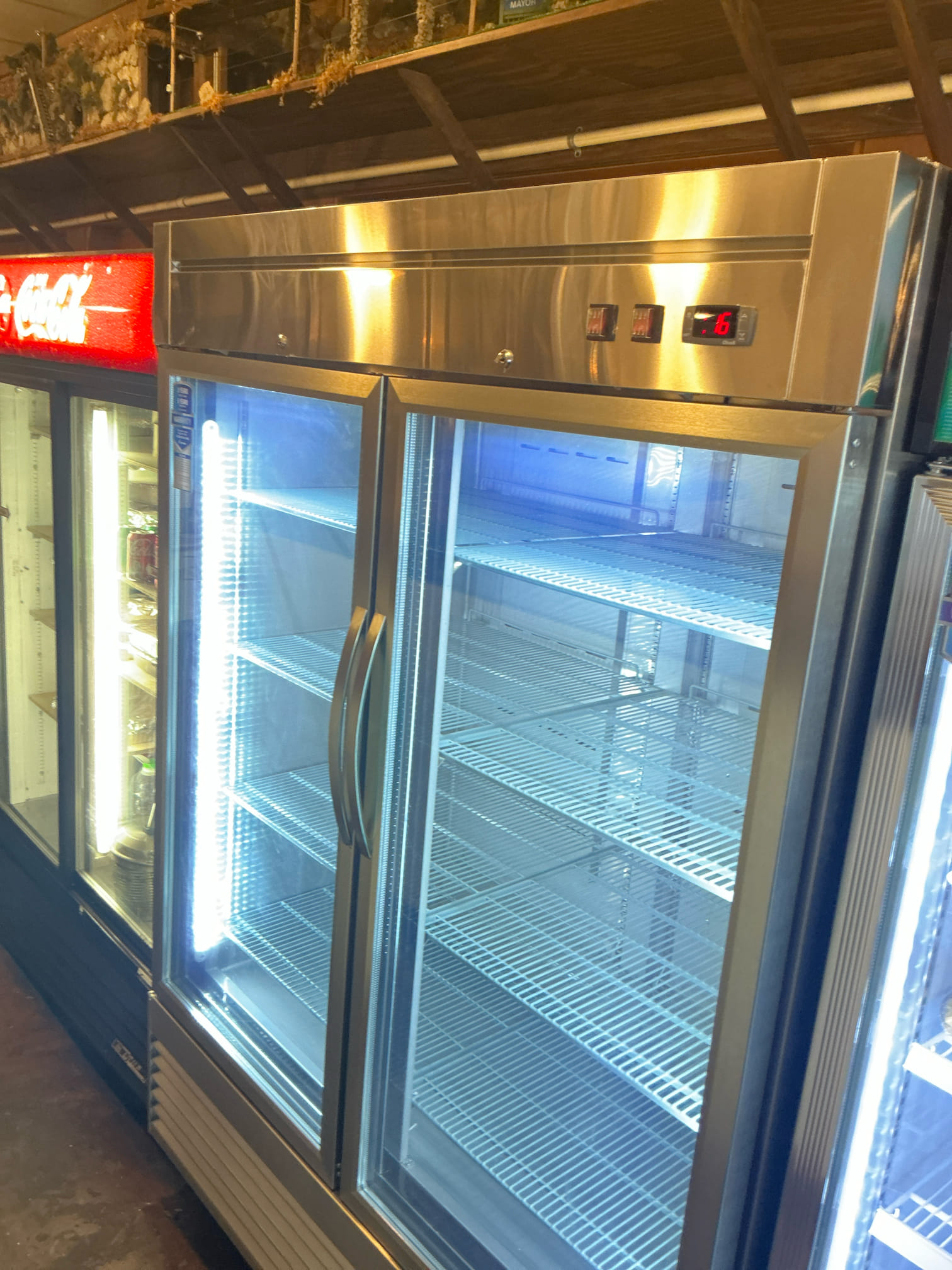
Best Practices for Storing Food Around Ice Bins Safely and Efficiently
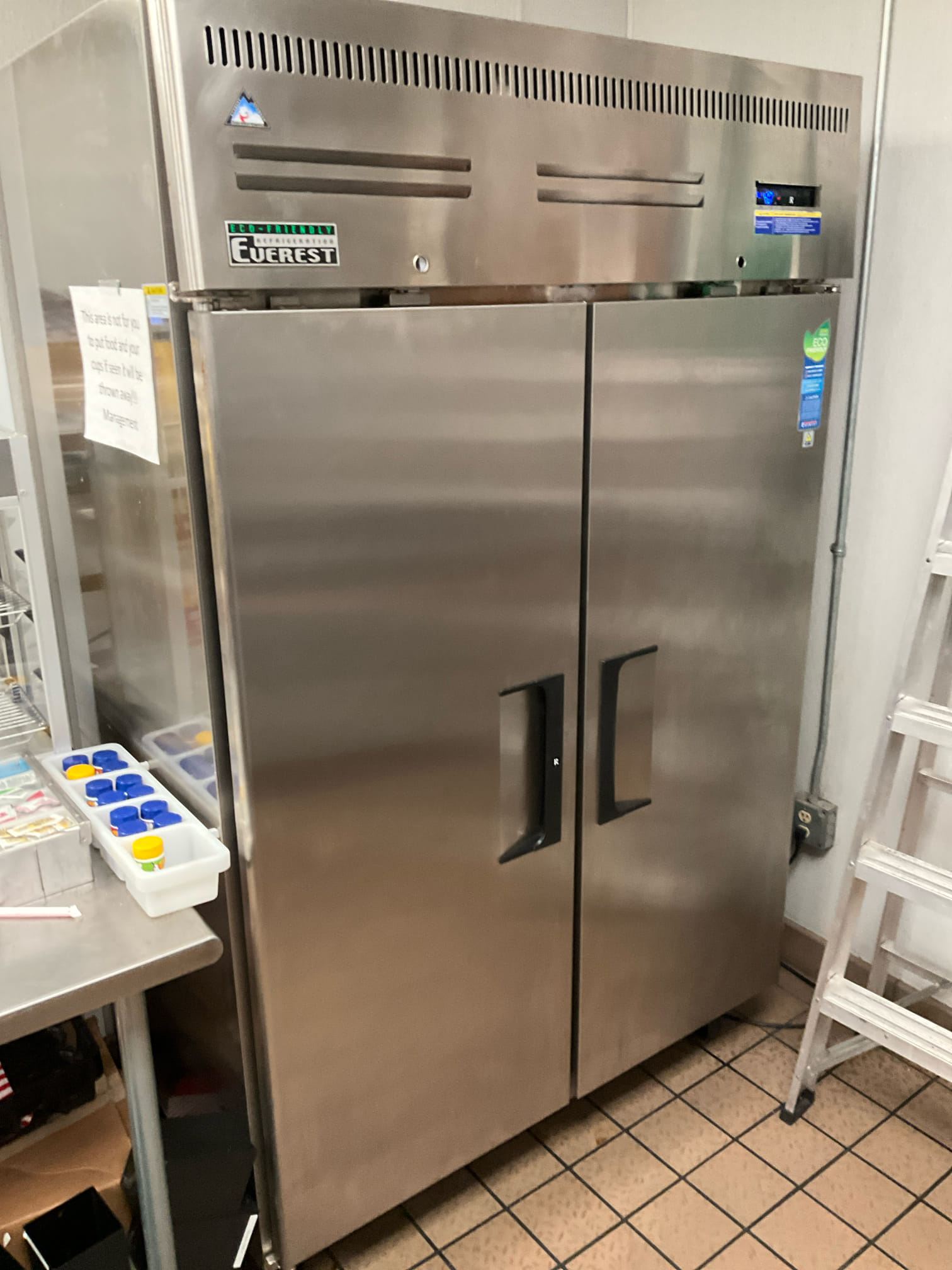
Best Practices for Loading and Unloading Walk-In Freezers Made Easy and Efficient
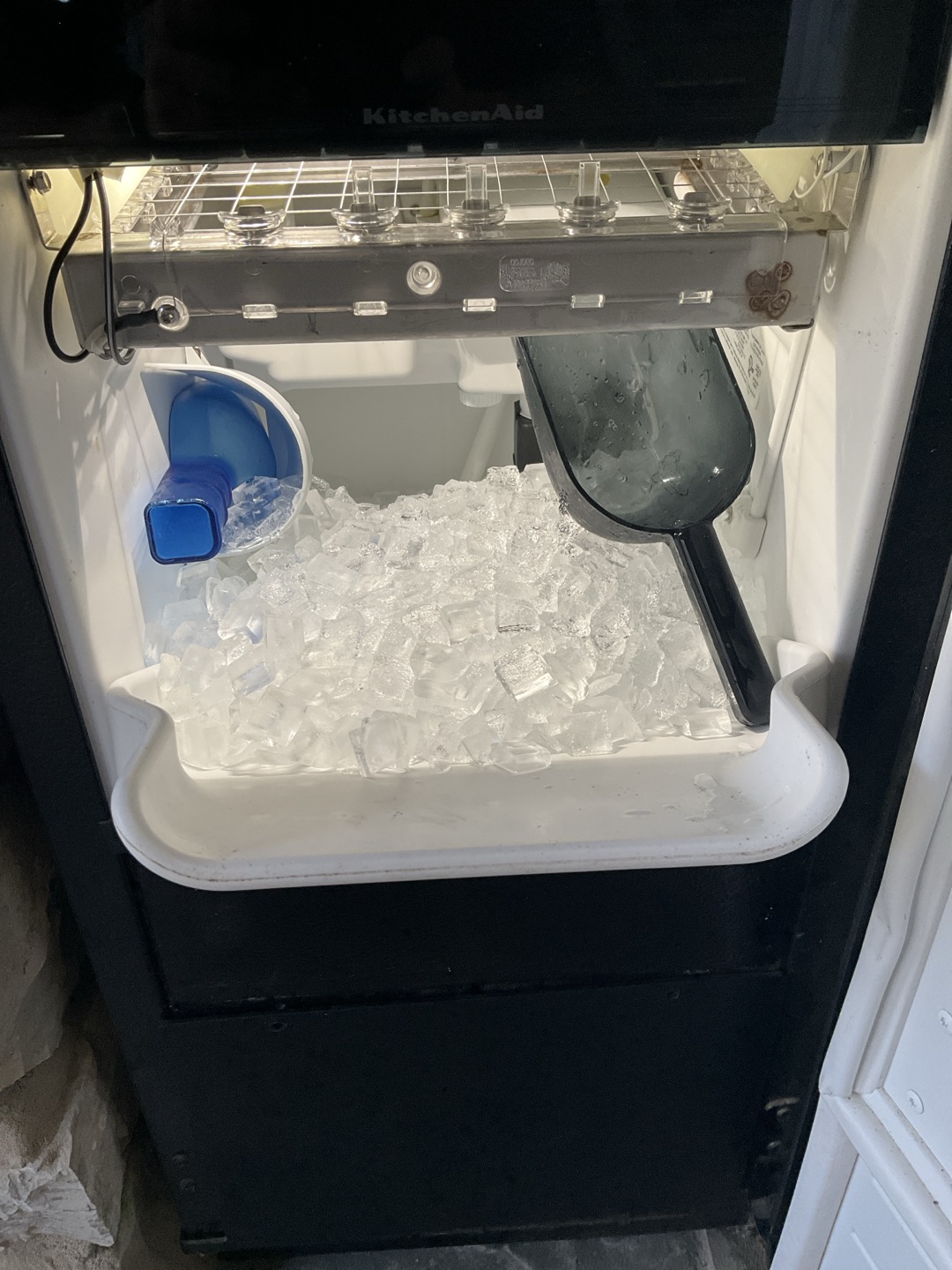
Best Practices for Cleaning Walk-In Cooler Shelving Tips for Maintaining Hygiene and Efficiency
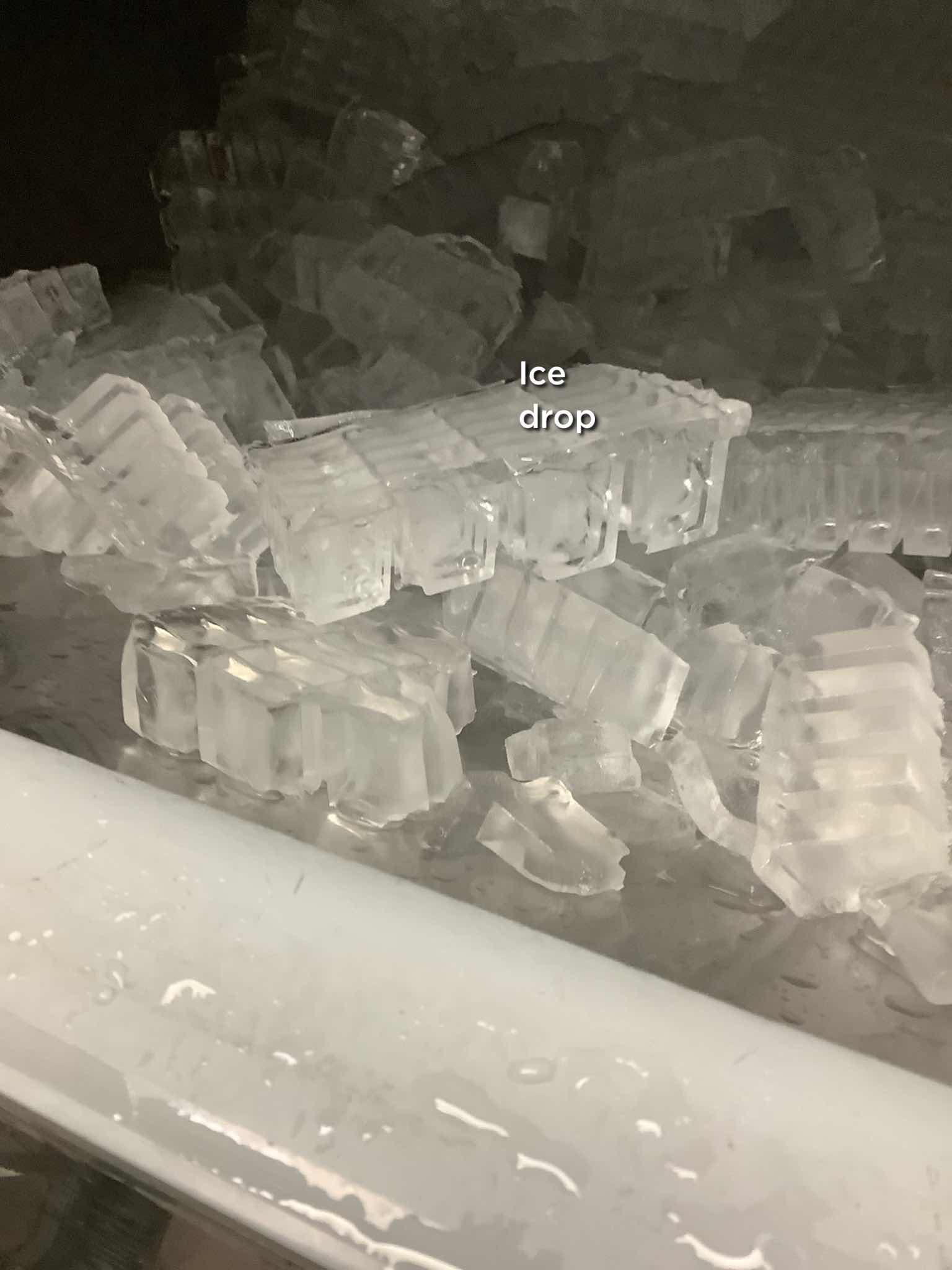
Best Practices for Cleaning and Sanitizing Commercial Ice Equipment to Keep It Safe and Sparkling

Best Maintenance Tips for Bar Refrigeration Systems to Keep Your Drinks Cold and Equipment Running Smoothly
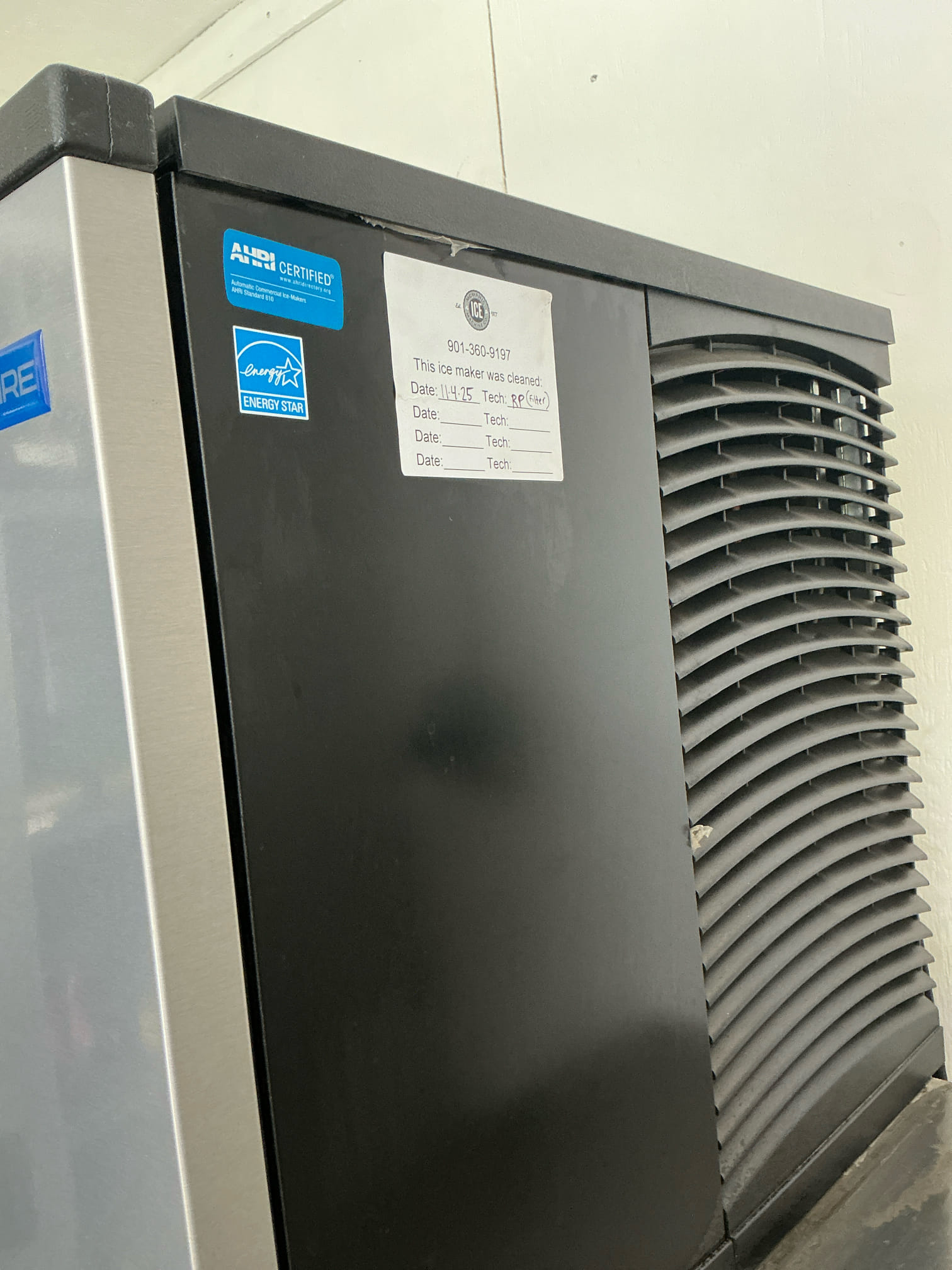
Benefits of Working with Certified Refrigeration Technicians for Reliable and Efficient Cooling Solutions
